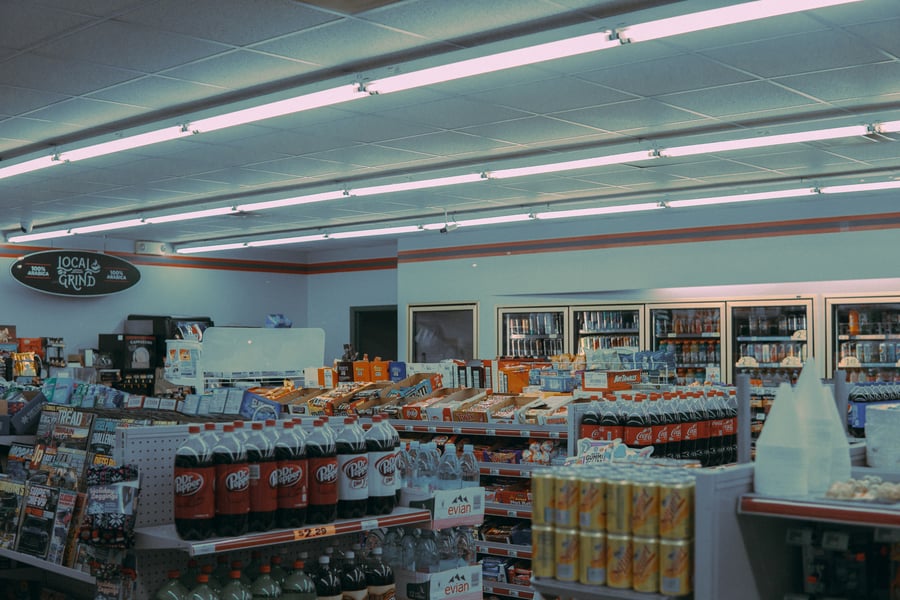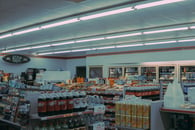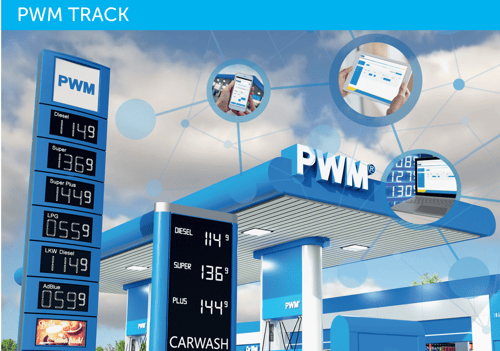
It’s prudent to stay on top of what is selling the most at your business and what the sales figures say about your customers’ wants and desires. Consider that gasoline sales (retail) were approximately $1,561 per capita in the United States, as of 2019, per the latest figures available from Statista. Sales of gasoline in the retail sector rose above $500 billion.
So, while you refer to your business as a gas station, you are not making most of your money on the gasoline that you sell to motorists for all intents and purposes. The profit is most definitely not in the gas.
The Gas Station Business Model Relies on Secondary Revenue Stream
Gasoline prices continue to rise and are at a 6-year high now, as noted by The Hustle. It explained that while customers are paying more at the pump, the gas station owners are not making much of a profit on the fuel itself. In some cases, gas stations may even be losing money on gas sales, when oil prices skyrocket.
Gas stations with brands such as Shell or ExxonMobil may seem like they have deep pockets supporting them. But stations are generally owned by individual people, not large corporations. They are either franchisees who pay royalties to the parent company, or independent owners who don’t cash in on big brand name recognition.
they have deep pockets supporting them. But stations are generally owned by individual people, not large corporations. They are either franchisees who pay royalties to the parent company, or independent owners who don’t cash in on big brand name recognition.
As a result, gas stations are earning on average a net margin of 1.4%, per IBISWorld statistics cited by The Hustle. A gallon of gas selling for $3.18 will yield very little in profits. Markup is $0.20, transportation costs $0.24, taxes average $0.55, while refining accounts for $0.55 and the crude oil itself is $1.63. Accordingly, a station owner would be lucky to earn $0.05 to $0.07 on each gallon sold.
The Profit Center Is Inside the Gas Station
These days, about 80% of gas stations include a convenience store on the premises. That makes sense because sales of these items make up for the rather dismal profits from gasoline sales.
It turns out that approximately 44% of gas station shoppers go inside. Of those, about 33% will purchase a snack or other impulse item.
But while potato chips, sodas and novelty sunglasses can represent 30% of your gas station’s revenue, they amount to 70% of the profit. You are making much more money from treats and impulse items than you are from the gas that brings customers to your store in the first place.
Electronic Signs to Encourage Customers to Buy More Than Fuel For Their Vehicles
When customers come to your gas station, you’ll want to encourage them not just to fuel up their vehicle, but also fuel themselves with snacks and drinks. These individuals may also require gadgets, such as a phone charger, not to mention a whole host of necessities, from hygiene products to over-the-counter allergy medicine.
Since gas station customers are typically in a rush, you don’t have much time to get your message across. With electronic signs advertising your most enticing offers, you stand to boost your profitability on each customer who comes through your doors.
To learn more about how programmable electronic signs can help you boost profits at your gas station, contact PWM of Houston, Texas today.






